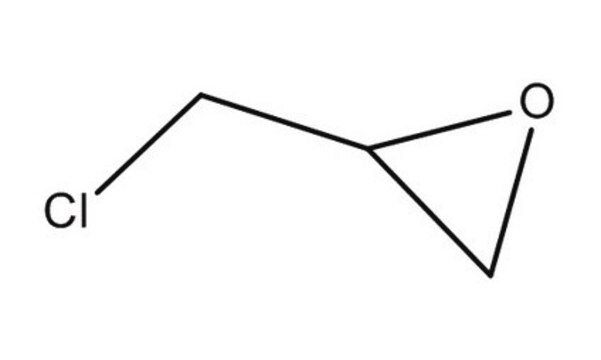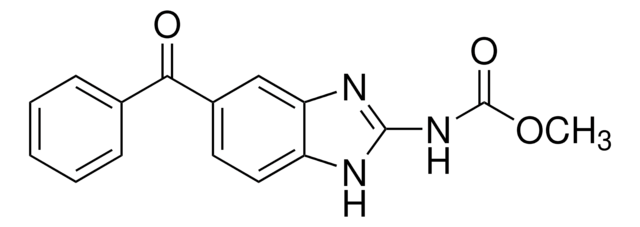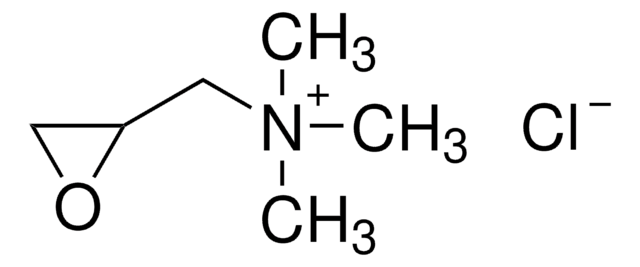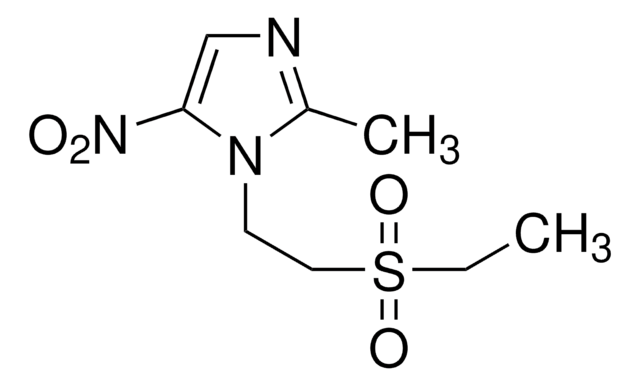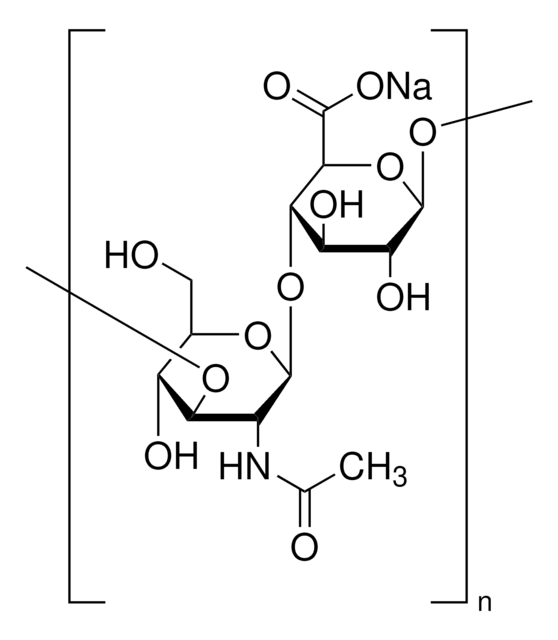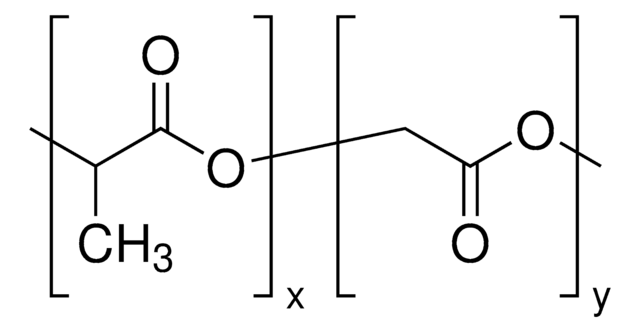G5809
Glycidol
96%
Synonym(s):
(±)-Glycidol, (±)-Oxirane-2-methanol, 2,3-Epoxy-1-propanol, Glycerolglycide
About This Item
Recommended Products
vapor density
2.15 (vs air)
Quality Level
vapor pressure
0.9 mmHg ( 25 °C)
Assay
96%
form
liquid
autoignition temp.
780 °F
impurities
≤2% diglycidyl ether
refractive index
n20/D 1.433 (lit.)
bp
61-62 °C/15 mmHg (lit.)
density
1.117 g/mL at 25 °C (lit.)
shipped in
wet ice
storage temp.
2-8°C
SMILES string
OCC1CO1
InChI
1S/C3H6O2/c4-1-3-2-5-3/h3-4H,1-2H2
InChI key
CTKINSOISVBQLD-UHFFFAOYSA-N
Looking for similar products? Visit Product Comparison Guide
Related Categories
Application
Signal Word
Danger
Hazard Statements
Precautionary Statements
Hazard Classifications
Acute Tox. 2 Inhalation - Acute Tox. 4 Dermal - Acute Tox. 4 Oral - Carc. 1B - Eye Irrit. 2 - Muta. 2 - Repr. 1B - Skin Irrit. 2 - STOT SE 3
Target Organs
Respiratory system
Storage Class Code
6.1A - Combustible acute toxic Cat. 1 and 2 / very toxic hazardous materials
WGK
WGK 3
Flash Point(F)
161.6 °F
Flash Point(C)
72 °C
Personal Protective Equipment
Choose from one of the most recent versions:
Already Own This Product?
Find documentation for the products that you have recently purchased in the Document Library.
Chromatograms
suitable for GCsuitable for GCsuitable for GCOur team of scientists has experience in all areas of research including Life Science, Material Science, Chemical Synthesis, Chromatography, Analytical and many others.
Contact Technical Service